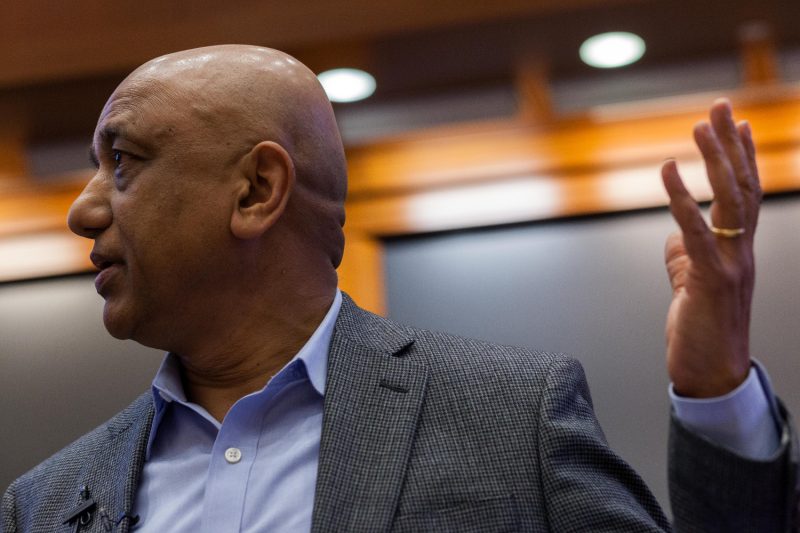Managing in the Digital Economy
Whether you’re a traditional conglomerate embracing digital transformation for the first time or a cutting edge tech startup looking to scale, managing in the digital economy lends a whole set of new managerial challenges (as well as some age old ones).
‘Candy Crush’ Was a Blockbuster: Can King Digital Capitalize?
What does it take to capture the devotion of a fickle fan base in a fiercely competitive industry? How can you capitalize on the viral popularity of a game within the ‘freemium’ model? How should a company strategically scale following one massive blockbuster hit? Professor Jeffrey Rayport looks to Candy Crush for the answers to these questions in this Cold Call podcast.

Making Sense of the Modern Startup
When then relative HBS newcomer Professor Bill Sahlman introduced the idea of an Entrepreneurial Finance course, he received little to no encouragement. Fast forward 30 years, and not only was Sahlman’s course hugely successful and popular among the students, but he succeeded in developing an entirely new framework to think about finance in entrepreneurial ventures that still rings true today.

Play: An Organizing Schema for Digital Commercial Culture
The Internet is anything but boring; as a place it has become edgy, often rude, and infinitely fascinating. Businesses who aim to succeed in the digital economy need to understand this. Here, Professor John Deighton offers a primer on how to play — or else be played — in the Internet era.

Why inclusion matters for the future of AI
The potential of AI to change the world is undeniable, and yet there is an ugly side to this transformational technology in the form of biased and exclusionary machine learning. Amar Ashar and Sandra Cortesi of the Berkman Klein Center’s Ethics and Governance of Artificial Intelligence group detail some of the most pressing issues related to the AI divide and explore how AI can become more inclusive as the technology takes greater hold globally.

Shrinking the Supply Chain: Target needs an integrated digitalization strategy to thrive as an omnichannel retailer
To be a successful omnichannel retailer in the age of e-commerce, Target can no longer simply continue to incrementally improve each individual aspect of its business. Instead, the company needs a unique and systemwide digital supply strategy that will strengthen Target’s customer promise as well as its bottom line.

Managing Teams—and Careers—in the Age of Disruption
It can be tempting to jump on every next, big transformational idea that comes along, but taking the time to understand your industry, competition, customers, and your company’s organizational structure can provide some much needed context for smart strategic change. This article from the Harvard Professional Development Programs offers advice for how managers and workers can understand disruption in context, build autonomy and trust as a team, and rethink career strategies in the digital economy.

How Tech Companies Can Help Upskill the U.S. Workforce
In 2015, there were 7 million jobs that required some level of coding, but the number of workers with those skills hasn’t kept up with demand. Could provide better access to technical learning for those who work in lower-paying industries provide the answer? Kausik Rajgopal and Steve Westly think so.


